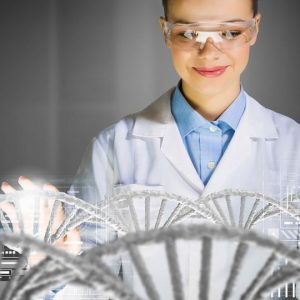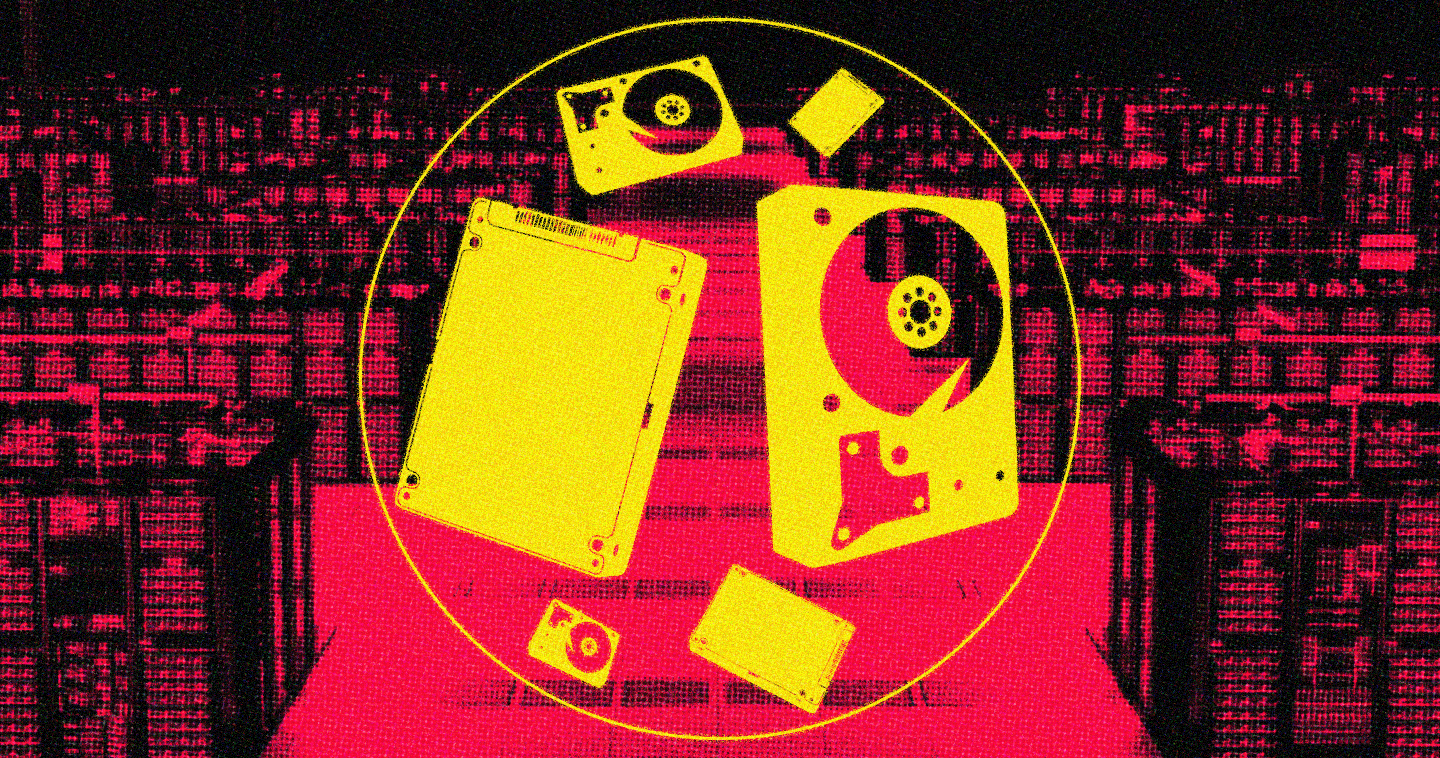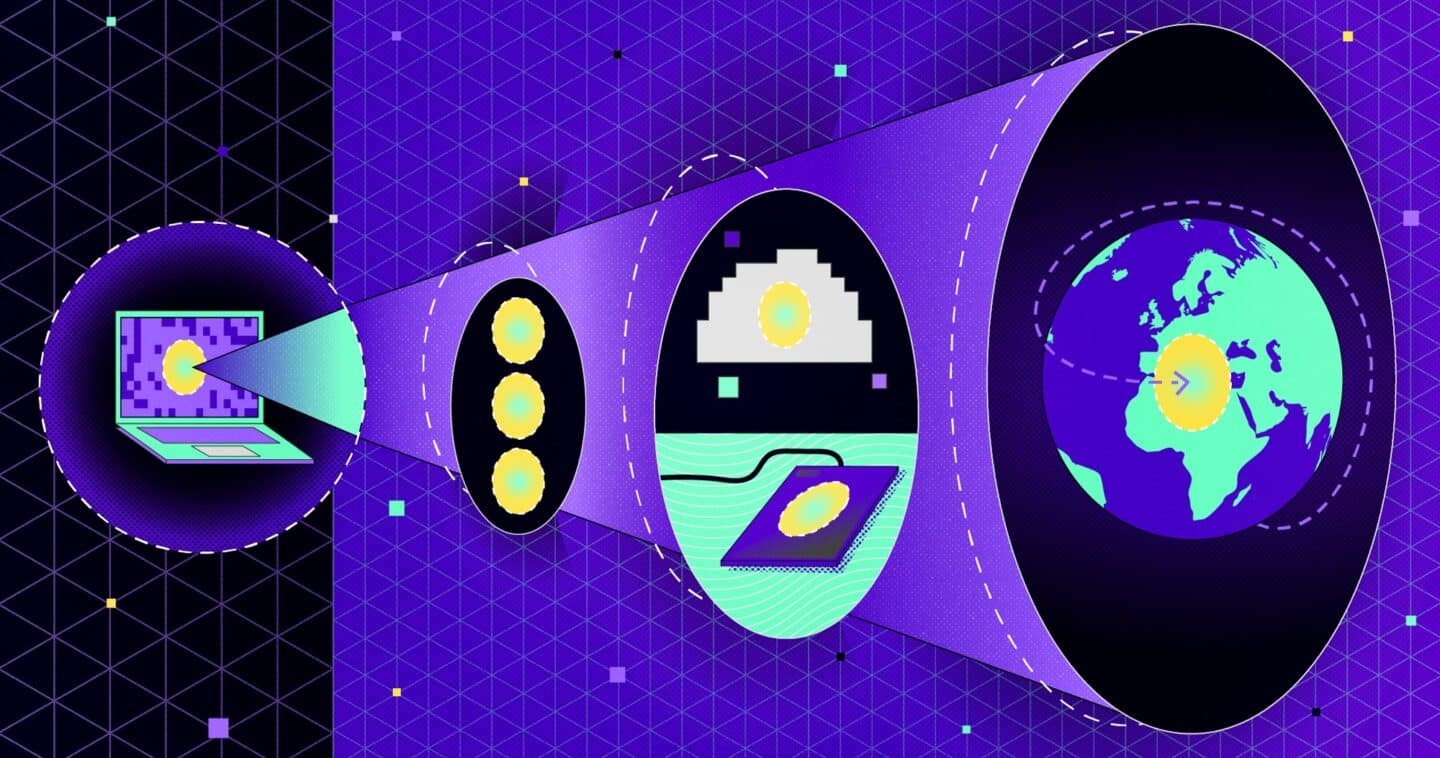If an opportunity arose to help cancer research, what would you do? Our team is answering loudly — count us in! We’re excited about the new multi-year, joint research and development collaboration agreement between Western Digital and UC Santa Cruz (UCSC) Genomics Institute and Baskin School of Engineering. We’re proud that our technology is being used for important work on genomics sequencing, work that could accelerate results for projects such as cancer diagnosis and treatment.
This agreement supports the work of a collaborative team of UCSC graduate students and investigators in genomics and computer engineering. They believe that moving computational capabilities closer to data storage will help speed up the processes of identifying the disease. Western Digital is researching a novel computational storage architecture to test this theory at scale, and supplying funding and an Ultrastar Data60 hybrid storage platform.
It could help find a treatment path for cancer earlier and with greater success than traditional methods.
“Our new architecture will distribute computation within a single computer system across multiple computational storage devices, each with its own storage and its own customizable computing resources,” said Robin O’Neill, head of emerging systems and software in the Office of the CTO.
How to Speed Up Potentially Life-Saving Diagnoses
Current genomic diagnostic cancer identification and treatment gets slowed down due to moving massive amounts of data between storage devices and the host system, and by having to force-fit these computationally complex algorithms into legacy, general-purpose computing architectures.
“By moving the compute to the data, rather than the data to the compute, we expect to take advantage of significantly greater bandwidth access to the genomics data by the near-media compute, as well as the custom, parallel computing capabilities within each computational storage device,” O’Neill said.
Also on Western Digital Blog: Mountains of data are pushed through the bioinformatics workflow. Here’s how it happens.
The UC Santa Cruz team and Western Digital are researching the optimal partitioning and placement of genomics data across the computational storage devices, and also striving to find the best ways to accelerate core functions within each device. The latter will accelerate performance, minimize host system requirements, and there may also be an overall reduction in power consumption, which translates to lower overall total cost of ownership.
“We are hopeful and enthusiastic about this collaboration that has potential to transcend the limits of data as information, and be immediately useful to those who depend on it,” said Martin Fink, CTO of Western Digital. “As an industry leader, we accept the growing responsibility to empower people and systems that depend on data. This collaboration represents the unification of people and ideas that will accelerate the promise of genomic data.”
Learn More
Around the globe, private companies, research institutions and healthcare professionals have been on the hunt for the data technology to help use precision medicine to diagnose and treat diseases.
Research data challenges are plentiful. As the volume of data coming in from sensors and higher resolution imaging devices grows exponentially, data infrastructures must be scaled bigger and faster than ever before.
- See how Western Digital is helping organizations take advantage of the promises of data at every step of its lifecycle in Accelerating Research and Healthcare Innovation.
- Using innovative technology in genome sequencing is also something we discuss at length in Futurist vs. Geneticist on Data Makes Possible.
- Does Big Data Today Keep the Doctor Away? Learn about an engineer and doctor developing tech to fight disease, promote health and derive value from the mountains of clinical data that his laboratory continually generates.




